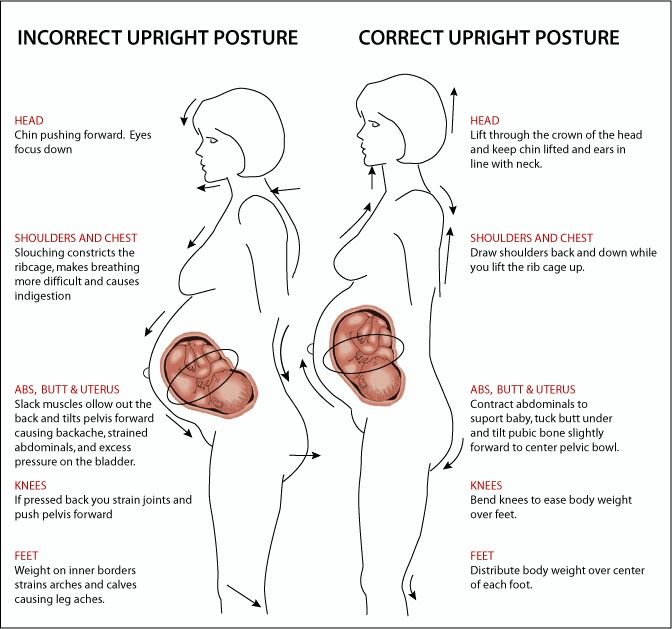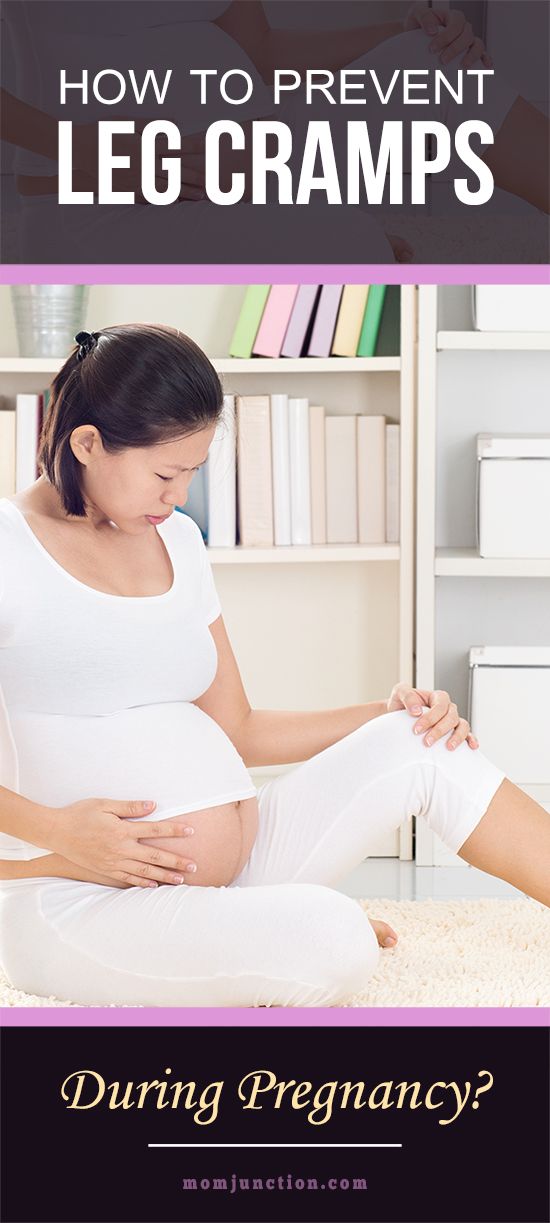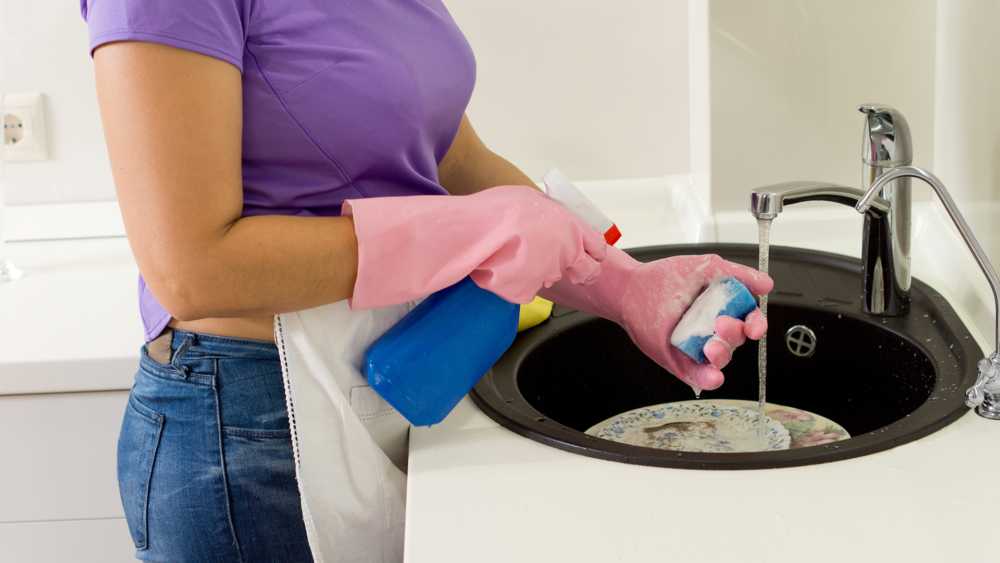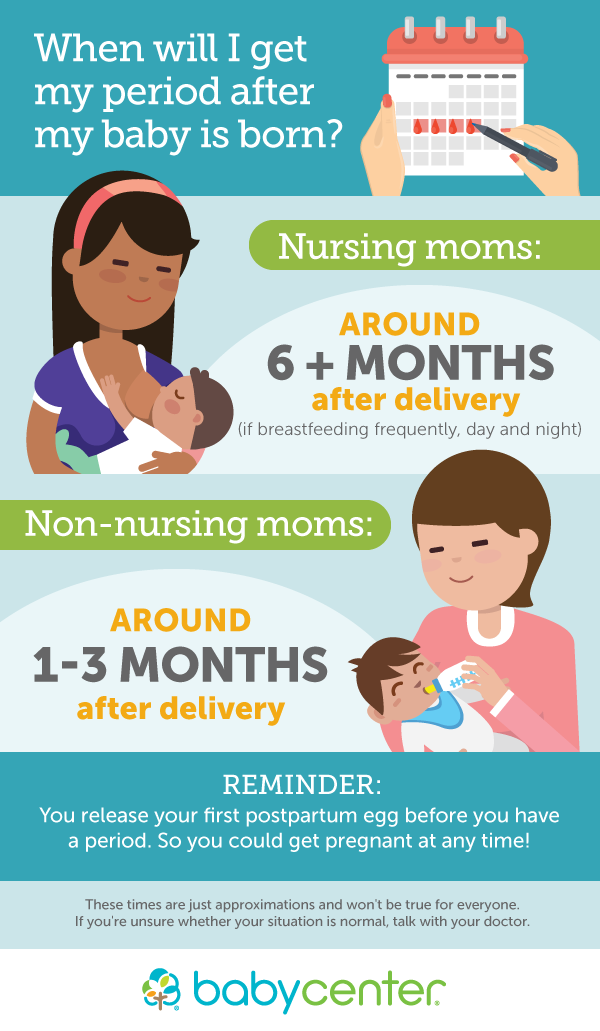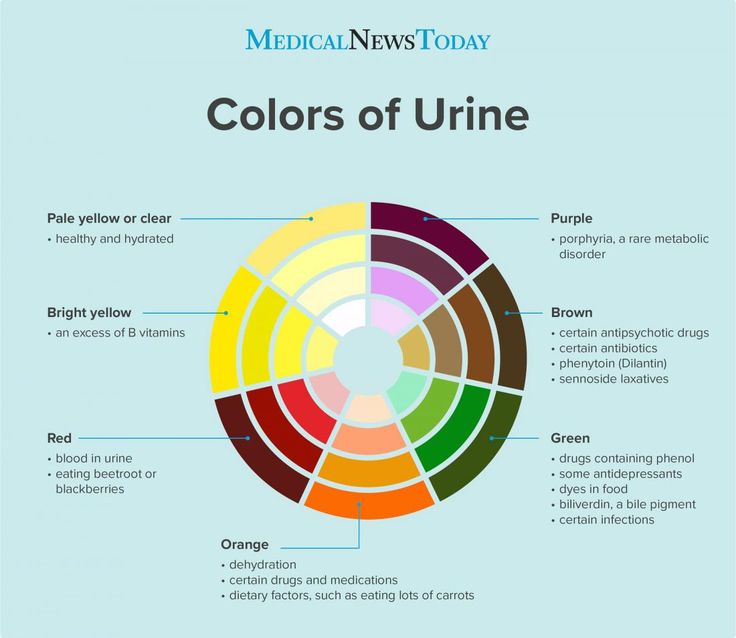Straining while pregnant
Will Straining When I Poop Hurt My Baby?
Symptoms
Srinrat Wuttichaikitcharoen / EyeEm / Getty images
Will it affect your baby at all?
by Lindsay E. Mack
Updated:
Originally Published:
For plenty of people, pregnancy and digestive issues seem to go hand-in-hand, sometimes to a concerning degree. So to put it bluntly, will straining when you poop hurt the baby? It’s a real question for many people who are expecting a baby and experiencing serious gastro issues.
Will straining during pregnancy hurt the baby?For most pregnancies that are progressing without any issues, it isn’t a huge concern. “Straining won’t harm the baby, but it can lead to hemorrhoids and anal fissures which can be very painful and uncomfortable for mom,” Dr. Zachary Hamilton, board certified OB/GYN at Austin Regional Clinic in Austin, Texas, tells Romper in an email. Although not a serious health risk, hemorrhoids can be quite painful. There are ways to help avoid hemorrhoids during pregnancy, however, such as getting enough fiber and staying hydrated. If you do get them, hemorrhoids are generally not difficult to treat, and even a simple sitz bath can help improve them considerably, according to a study in Women and Birth: Journal of the Australian College of Midwives.
There are some other potential health issues associated with difficult trips to the bathroom, however. For instance, “straining a lot or for long duration actually can reduce blood flow to the pregnant person's heart and head and cause dizziness,” Dr. Rebecca Levy-Gantt, Premier ObGyn Napa Inc., author of Womb With A View: Tales from the Delivery, Emergency and Operating Rooms , tells Romper. Pregnant people who experience low blood pressure, or a history of heart problems, may want to be especially aware of this possibility, as Dr. Levy-Gantt further explains.
Levy-Gantt further explains.
And even if you are experiencing difficulty going to the bathroom, remember that your baby is in a whole other part of the body. “The rectum sits beneath the vagina and would not transmit too much pressure to the placenta,” Dr. Kim Langdon, MD, an OB/GYN, tells Romper. “Furthermore, the intrauterine contents are a closed system and do not experience the intra-abdominal pressure changes associated with bearing down or straining.” Even if you’re having a *bad* time, the baby probably won’t even know.
Those with certain health conditions, however, may want to know more about whether straining could be potentially harmful. “There are certain pregnancy complications that make straining more dangerous. Those include placenta previa (when the placenta low and is over the cervix) because it could cause bleeding, preterm labor, or problems with the cervix such as women who have a cerclage,” Dr. Kelly Culwell, board certified OB/GYN tells Romper. If you are experiencing these or any other complications during pregnancy, then talk about whether straining may potentially be problematic with your physician.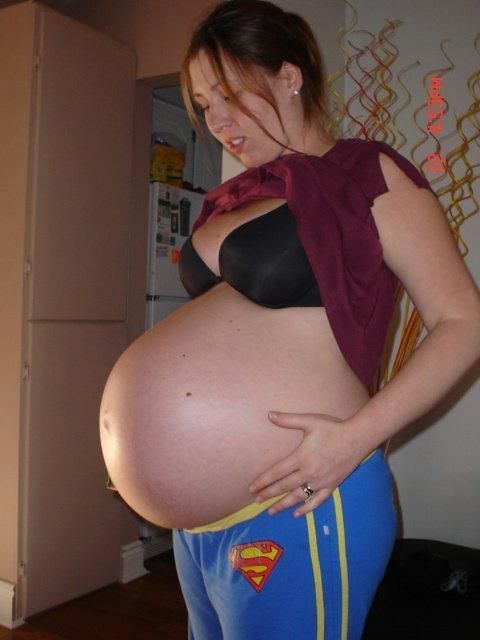
“Bowel problems like constipation are common because the hormones of pregnancy (especially Progesterone, which relaxes the smooth muscles in the body) often slow down metabolism, and that causes the intestines also to be more sluggish,” says Dr. Levy-Gantt. “That can cause gas to build up, and cause constipation.” You’re hardly the first pregnant person to deal with stomach issues, if that’s any consolation.
What can you do to help ease the stomach issues caused by pregnancy?Thankfully, the doctors have some advice about easing your stomach issues while expecting. “Move around! Staying active can help keep your bowels active. Eat a balanced diet that includes fiber. Stay well hydrated and if you’re still having trouble with bowel movements, talk to your doctor,” says Dr. Hamilton. “A stool softener might help move everything along as well and is generally considered safe in pregnancy. ” In other words, don’t hesitate to talk to your doctor about issues with straining while you poop during pregnancy, because it’s often a common and manageable issue.
” In other words, don’t hesitate to talk to your doctor about issues with straining while you poop during pregnancy, because it’s often a common and manageable issue.
Studies Referenced:
Shirah BH, Shirah HA, Fallata AH, Alobidy SN, Hawsawi MMA. Hemorrhoids during pregnancy: Sitz bath vs. ano-rectal cream: A comparative prospective study of two conservative treatment protocols. Women Birth. 2018 Aug;31(4):e272-e277. doi: 10.1016/j.wombi.2017.10.003. Epub 2017 Oct 18. PMID: 29055673.
Experts:
Dr. Kelly Culwell (AKA Dr. Lady Doctor) Board Certified OB/GYN
Dr. Zachary Hamilton, board certified OB/GYN, Austin Regional Clinic in Austin, Texas
Dr. Kim Langdon, MD, an OB/GYN
Dr. Rebecca Levy-Gantt, Premier ObGyn Napa Inc., author of Womb With A View: Tales from the Delivery, Emergency and Operating Rooms
This article was originally published on
How to Relieve Constipation in Pregnancy and Stop Straining
Constipation in pregnancy is a major problem for many women.
Aside from the short term discomfort, constipation and straining in pregnancy increases the risk of long-term pelvic floor problems including:
- Hemorrhoids
- Prolapse and/or incontinence (bladder or bowel)1
The correct bowel emptying technique and strategies shown in the videos below help you overcome constipation without medication and reduce your risk of long-term pelvic floor problems.
What Causes Constipation in Pregnancy
When the stool becomes hard it is difficult to empty causing constipation and straining to empty. If your stool is a Type 1 or Type 2 it will increase risk of constipation (see the Bristol Stool Chart below).
Ideally your stool should be soft and well formed i.e. Type 3 or Type 4.
Factors that cause the stool to become hard in pregnancy:
- Pregnancy hormones (progesterone) slows the movement of stool through the bowel
- Physical size of the uterus slows stool to movement through the bowel
- Decreased physical activity
- Changed diet2
- Regular iron supplementation3
How to Overcome Constipation in Pregnancy
Reducing constipation involves increasing the speed of movement of your stool through your bowel and emptying your bowel completely.
These 5 strategies measures can increase the speed your stool moves through your bowel to help you overcome constipation in pregnancy.
1. Bowel Emptying in Pregnancy
This video shows you the correct position and technique for emptying your bowel without straining during pregnancy.
Emptying your bowel relieves constipation and promotes movement of your stool through your bowel. If you’re constipated your bowel becomes progressively backed up with hard stool which making constipation worse.
If you’re already constipated you may need to discuss the short term use of laxative medication to initially relieve constipation while including the interventions listed below to prevent ongoing constipation.
Correct Position for Bowel Emptying
- Sit on the toilet seat (never hover)
- Feet and knees positioned apart
- Back straight
- Lean forward and allow your baby and lower abdomen to relax forward
Correct Technique for Bowel Emptying
- Take 4-5 relaxed deep breaths
- Make your waist wide by bracing and by saying “S” sound (provides pushing power to empty your bowel and avoids straining through your pelvic floor)
- Bulge your baby and lower abdomen forwards saying “OO” sound (opens your anal sphincter to allow the stool to pass)
- Lift and squeeze your pelvic floor muscles when complete
2.
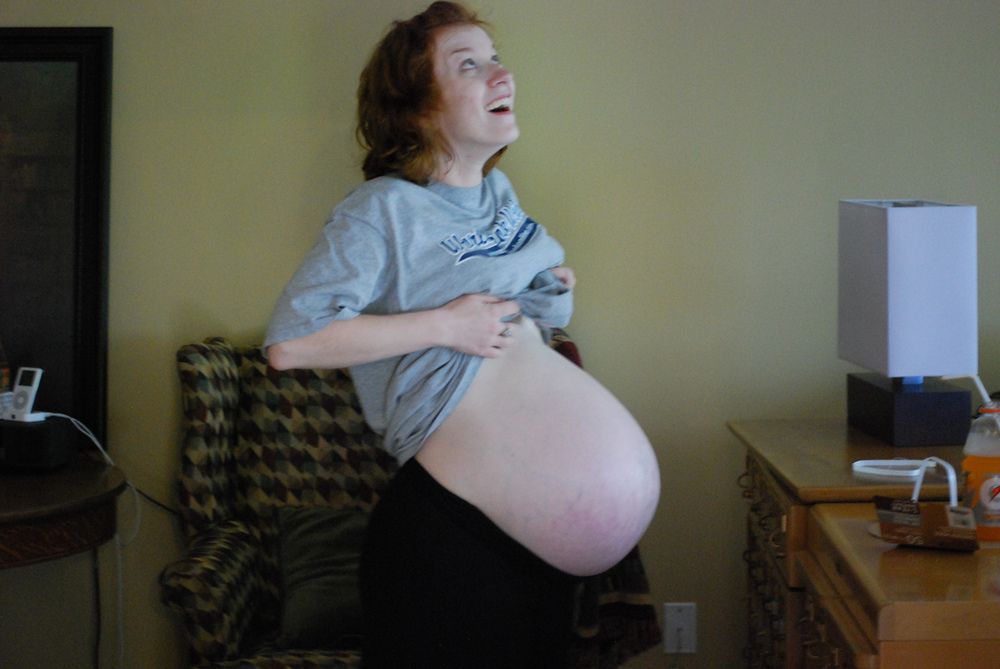 Diet for Constipation in Pregnancy
Diet for Constipation in PregnancyYour diet plays a major role in improving movement of the stool through your bowel and keeping it soft.
If you’re not already constipated, maintaining a good fibre intake can help you keep your stool soft and well formed stool. The American Dietetic Association recommends healthy adults consume 20-35 grams/day.
This video shows you foods that soften the stool and foods that make the stool hard. If your fibre intake is too low, this information helps you understand how to (gradually) increase the amount of fibre you consume during pregnancy.
If you’re already constipated, increasing your insoluble fibre intake (e.g. whole grains, vegetable peels and skins and fruit) can worsen constipation. This is because filling the bowel with indigestible material slows bowel movement and hardens the stool. Some women report abdominal bloating and flatulence when increasing fibre in the diet4.
3.
 Fluid Intake During Pregnancy
Fluid Intake During PregnancyHaving a good fluid intake can maintain good movement of the stool through your body by softening the stool and reducing constipation5. Try to keep well hydrated by drinking at regular intervals throughout the day.
The ideal volume of fluid for most women to consume is around 8 cups of water, herbal tea, milk, vegetable and non sugar fruit juices throughout the day during pregnancy. Alternatively if you don’t like to drink a lot of water, you may try to eat foods with high moisture content such as melon, cucumber and soups5.
4. Physical Activity in Pregnancy
Regular physical activity during pregnancy helps prevent constipation6.
ACSM recommends pregnant women undertake 30 minutes of moderate physical exercise on most days of the week7.
Low impact exercises ideal for promoting bowel motility during pregnancy include:
- Walking
- Hiking
- Stationary bike
- Dancing
- Rowing
- Swimming
- Water aerobics
5.
 Laxatives for Constipation During Pregnancy
Laxatives for Constipation During PregnancyIf you’re already constipated you may find that the conservative (non pharmacological) strategies already outlined aren’t adequate to soften your stool. Speak with your doctor or medical caregiver regarding pharmacological strategies which usually involve laxative medication.
The order of priority for laxative medication for constipation in pregnancy is usually as follows:8,9
A. Bulking Agents
Bulking agents are dietary fibre supplements that combine with water to bulk and soften the stool. Some bulking agents are completely natural such as psyllium husks.
These are usually the first line of laxative intervention suggested for pregnant women and are usually well tolerated9.
These include:
- Psyllium husks (Metamucil)
- Methylcellulose (Citrucel)
- Calcium polycarbophil
Bulking agents may cause abdominal bloating and flatulence so it’s important to start these with a very small dose and increase your water consumption too.
B. Osmotic Laxatives
Osmotic laxatives draw fluid into the bowel and soften the stool in this manner e.g. Movicol or Miralax. Many pregnancy women take osmotic laxatives to address constipation in pregnancy.
These laxatives are the second line of intervention if bulking agents are not well tolerated or unsuccessful and its important to have good fluid intake when using these products. The manufacturers state these laxatives are safe for use in pregnancy however it’s noteworthy that some osmotic laxatives contain magnesium or sodium salts which may contribute to salt retention which can be a problem for some women during pregnancy9.
C. Stimulant Laxatives
When bulking agents and osmotic laxatives are unsuccessful, stimulant laxatives may be considered as a single dose treatment for use by some pregnant women9.
Stimulant laxatives can have various methods of action including stimulating the bowel wall to contract or acting on the amount of water and salts absorbed to and from the bowel9.
These laxatives can cause abdominal cramping and diarrhoea in addition to electrolyte disturbances when taken regularly or in high doses. Stimulant laxatives include Senna (Senokot) which may be mistaken as a safe ‘natural’ laxative medication.
References
1. Spence‐Jones C, et al. (1994). Bowel dysfunction: a pathogenic factor in uterovaginal prolapse and urinary stress incontinence. British Journal of Obstetrics and Gynaecology101(2):147‐52.
2. Cullen G and O’Donoghue D. (2007) Constipation and pregnancy. Best Practice & Research. Clinical Gastroenterology, 21(5):807‐18.
3. Tolkien Z, et al. (2015) Ferrous Sulfate Supplementation Causes Significant Gastrointestinal Side-Effects in Adults: A Systematic Review and Meta-Analysis PLoS One. Feb 20;10(2).
4. Jewell D, Young G. Interventions for treating constipation in pregnancy. Cochrane Database of Systematic Reviews 2001, Issue 2. Art. No.: CD001142. DOI: 10.1002/14651858.CD001142.
5. Prather CM. Pregnancy‐related constipation. Current Gastroenterology Reports 2004;6(5):402‐4.
Prather CM. Pregnancy‐related constipation. Current Gastroenterology Reports 2004;6(5):402‐4.
6. Derbyshire E, et.al (2006) Diet, physical inactivity and the prevalence of constipation throughout and after pregnancy. Maternal & Child Nutrition 2006;2(3):127‐34.
7. Artal R. & O’Toole M. (2003) Guidelines of the American college of obstetricians and gynaecologists for exercise during pregnancy and the postpartum period. BritishJournal of Sports Medicine 37, 6–12.
8. Royal Pharmaceutical Society. British National Formulary. 60th. London: BMJ Publishing Group Ltd and Royal Pharmaceutical Society, 2010.
9. 9. Rungsiprakarn P, et. al (2014) Interventions for treating constipation in pregnancy. Cochrane Database of Systematic Reviews 2014, Issue 12. Art. No.: CD011448. DOI: 10.1002/14651858.CD011448.
Constipation during pregnancy: causes, recommendations
In addition, constipation in pregnant women may be caused by changes in the nature of food, the use of smooth muscle-relaxing drugs (lowering uterine activity, progesterone) 3 or mineral supplements containing iron and calcium4. Sometimes a woman has to lie down all the time, and at least minimal physical activity is necessary to maintain a normal bowel movement 3 . Another reason for the formation of constipation in pregnant women can be a decrease in fluid intake, starting from the earliest dates 4 .
Sometimes a woman has to lie down all the time, and at least minimal physical activity is necessary to maintain a normal bowel movement 3 . Another reason for the formation of constipation in pregnant women can be a decrease in fluid intake, starting from the earliest dates 4 .
In addition, constipation in pregnant women may be caused by changes in the nature of food, the use of smooth muscle-relaxing drugs (lowering uterine activity, progesterone) 3 or mineral supplements containing iron and calcium4. Sometimes a woman has to lie down all the time, and at least minimal physical activity is necessary to maintain a normal bowel movement 3 . Another reason for the formation of constipation in pregnant women can be a decrease in fluid intake, starting from the earliest dates 4 .
Thus, low bowel tone during pregnancy is generally initially protective, but may result in constipation 1 .
Possible complications of constipation in pregnancy
Gestational constipation can not only drastically reduce the quality of life, but also pose a certain threat to the well-being of the pregnant woman and the fetus.
Prolonged stagnation of feces can lead to a series of disorders, among other things, to the activation of opportunistic microorganisms. The penetration of microbes and their metabolic products through the intestinal wall can be at least a predisposing factor, and sometimes a direct cause of complicated pregnancy, problems in childbirth and the postpartum period 1 .
Disruption of the normal balance of the colonic microbiota during constipation may later cause a change in the composition of the microflora of the cervical canal.
This condition can cause intrauterine ascending infection and the occurrence of various complications of the gestation period.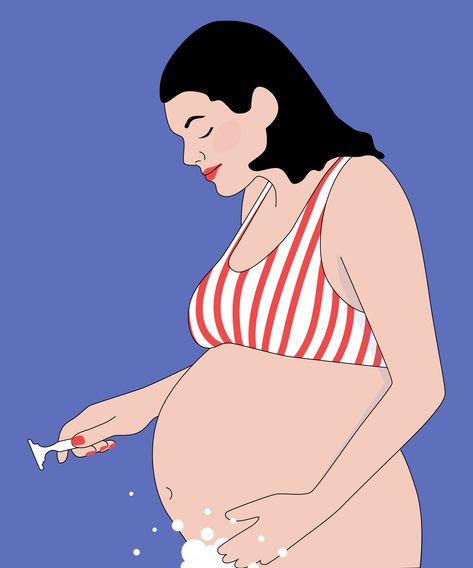 The course of pregnancy against the background of stagnation in the large intestine can lead to the threat of interruption, untimely discharge of amniotic fluid, inflammation of the uterine mucosa 1 .
The course of pregnancy against the background of stagnation in the large intestine can lead to the threat of interruption, untimely discharge of amniotic fluid, inflammation of the uterine mucosa 1 .
The pathological increase in intestinal permeability caused by constipation impairs its barrier function, and even after childbirth it may not fully recover. That is why constipation is a situation that cannot be ignored and must be treated 1 .
Disruption of the normal balance of the colonic microbiota during constipation may later cause a change in the composition of the microflora of the cervical canal.
This condition can cause intrauterine ascending infection and the occurrence of various complications of the gestation period. The course of pregnancy against the background of stagnation in the large intestine can lead to the threat of termination, untimely discharge of amniotic fluid, inflammation of the uterine mucosa 1 .
The pathological increase in intestinal permeability caused by constipation impairs its barrier function, and even after childbirth it may not fully recover. That's why constipation is a situation that cannot be ignored and must be treated 1 .
Treatment of gestational constipation
The main rules for the prevention and treatment of constipation in pregnant women are primarily diet and recommendations for increasing physical activity 4 . Treatment of constipation, especially in pregnant women, begins with dietary measures 4 .
For a laxative purpose, foods rich in indigestible plant fibers (fiber) are introduced into the menu. There are many such substances in raw fruits and vegetables, wholemeal bread 4 .
In terms of nutritional properties, wheat bran is considered the most acceptable for human consumption, which can be added 2-3 teaspoons to prepared meals 3 .
Prunes, kefir, dried apricots are considered products that help relieve constipation. The menu is recommended to include beets, zucchini, cabbage, lettuce, cucumbers and tomatoes. It is recommended to limit the consumption of strong tea and coffee, sweets and cocoa, flour dishes in the diet 3 .
It may also be necessary to correct the mode of motor activity, the amount of which is discussed with the doctor 3 . Gymnastics, walking or swimming in the pool may be recommended for a pregnant woman, if this is not contraindicated for health reasons 4 .
In some cases, despite following all recommendations, it may be necessary to use laxatives 4 . The choice of a possible drug cannot be made independently, because self-medication with laxatives during pregnancy is especially undesirable 1 .
The use of any medicine during pregnancy carries certain risks that only a doctor can weigh.
Therefore, only with medical permission, laxatives may be recommended. One of the laxatives that can be prescribed by a doctor to pregnant women starting from the 2nd trimester is Guttalax®: in the 1st trimester of pregnancy, the drug is contraindicated, in the 2nd and 3rd trimesters of pregnancy it is used with caution. Guttalax® is available in drops and tablets5,6. In view of the lack of studies, the use of Guttalax® tablets during pregnancy is recommended only in cases where the potential benefit to the mother outweighs the possible risk to the fetus. During pregnancy, the drug can be used only after consultation with a specialist.
More about the drug
To increase the efficiency of preparation for the study, the individual functional state of the large intestine is also taken into account. If you have chronic constipation, you need to pay special attention to diet. In preparation for research, Guttalax® Express can be used in suppositories 8 .
If you have chronic constipation, you need to pay special attention to diet. In preparation for research, Guttalax® Express can be used in suppositories 8 .
The active substance - bisacodyl - becomes active and acts only in the lumen of the large intestine, therefore it does not affect the digestion and absorption of nutrients in the small intestine 8 . The drug Guttalax® Express enhances peristalsis, stimulates the natural process of bowel movement, and softens the stool. The development time of the laxative effect of the drug is 20 minutes (from 10 minutes to 30 minutes, in some cases - 45 minutes) 8 .
THERE ARE CONTRAINDICATIONS. IT IS NECESSARY TO CONSULT WITH A SPECIALIST.
Manifestations of constipation in pregnant women - signs and symptoms
Co-author, editor and medical expert - Klimovich Elina Valerievna.
Number of Views: 53,923
Last Updated: 11/24/2022
Average Read Time: 4 minutes
Constipation is a common problem during pregnancy. About 75% of women complain of problems with bowel movements during pregnancy. At the same time, these difficulties remain in about a third of women after childbirth.
About 75% of women complain of problems with bowel movements during pregnancy. At the same time, these difficulties remain in about a third of women after childbirth.
Contents:
Detailed description of the symptoms
What constipation can cause in a pregnant woman
Our body constantly produces substances that stimulate bowel movements. During pregnancy, the susceptibility of the intestinal muscles to various kinds of irritants is significantly reduced. The change in the intensity of intestinal reactions is due to the fact that it has a common innervation * with the uterus, because of this, any excessive activation of peristalsis can provoke contractile activity of the uterus. This can be a threat to the child. Unfortunately, this defensive reaction has unpleasant consequences - constipation. Often they occur between 17 and 36 weeks of pregnancy.
Clinically, constipation in pregnant women is manifested by several main symptoms:
- stool retention for more than 3 days and problems with passing gases, flatulence;
- unpleasant feeling of incomplete emptying of the bowels;
- the need to strain during bowel movements;
- painful stools;
- "sheep feces" (hard, dry, fragmented feces).

In the event of constipation, you should always seek medical advice, especially if you notice deterioration and pain.
Back to top
Detailed description of symptoms
Constipation is characterized by decreased stool frequency. It happens that a pregnant woman manages to empty her intestines only once a week or less. The consistency of feces changes, discomfort and pain in the abdomen (often in its left half), there is a feeling of dissatisfaction after the stool.
Atonic constipation is characterized by very painful defecation, which occurs with great difficulty. Due to microscopic tears of the mucous membrane of the anus, streaks of blood may appear on the surface of the feces. Spasmodic constipation is characterized by fragmented stools ("sheep feces"). This condition is often accompanied by flatulence, a feeling of pressure, expansion, spasmodic pains in the abdomen. With prolonged constipation, there may be a feeling of lethargy, fatigue, a significant decrease in efficiency.
Pain in a pregnant woman occurs for no apparent reason or may be the result of excitement or physical exertion. Attacks of acute pain or exacerbation of constant discomfort, as a rule, are associated with negative emotions. The pain can be of varying strength, for example, in some cases it radiates to the lower back, leg, anus, and even the genitals. In some pregnant women, along with abdominal pain, there is a burning sensation in the rectum and itching in the anus. Nausea, bitterness in the mouth are often noted; passing gases is difficult.
Back to content
What can cause constipation in a pregnant woman
Feces in the rectum, which a pregnant woman cannot get rid of for a long time, bring her considerable discomfort. However, these are not the only consequences of constipation.
- The large intestine mucosa is characterized by absorptive capacity; in case of constipation, not only water is absorbed into the blood, but also various toxic metabolic products.
 Intoxication of the woman and the fetus can lead to negative consequences and disrupt the development of the child in the future.
Intoxication of the woman and the fetus can lead to negative consequences and disrupt the development of the child in the future. - Due to overflowing with dense feces, the rectum presses on the uterus, which leads to irritation. Despite the fact that the sensitivity of the uterus during pregnancy is reduced, there is a certain risk of increased uterine tone and, as a result, premature birth.
- In case of constipation, the intestine presses on the uterus and pelvic vessels, which disrupts the outflow of blood from them. For this reason, hemorrhoids can occur, which is manifested by the appearance of blood in the stool.
Constipation in a pregnant woman is a serious problem. To solve it, contact your doctor.
*Innervation - the supply of organs and tissues with nerve fibers, which ensures their connection with the central nervous system (CNS).
Back to Contents
The information in this article is for reference only and does not replace professional medical advice.